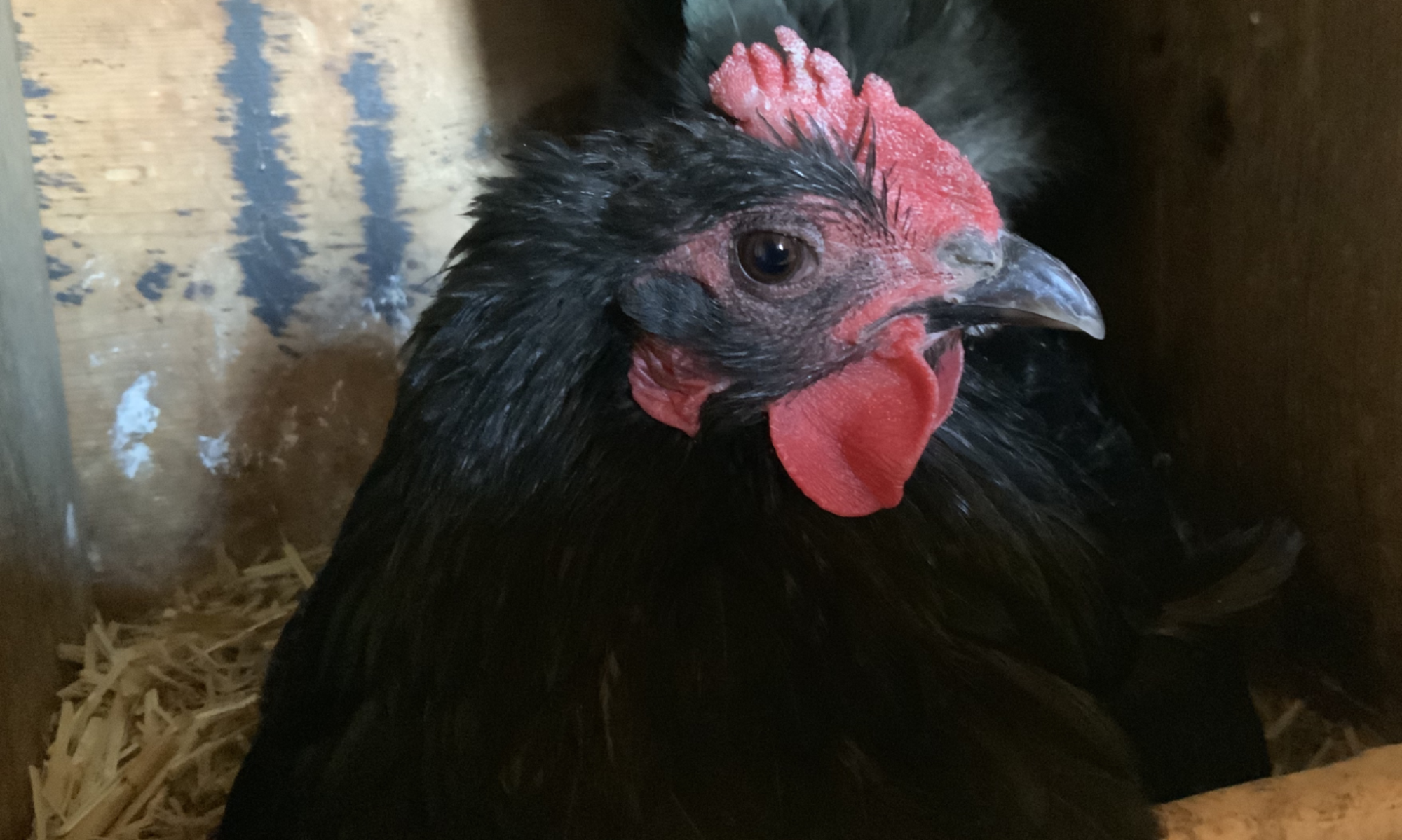Bunnies are the best! They are soft and have the sweetest faces! My experience with bunnies began several winters ago when three rabbits came to visit and stayed. They shared grain with the chickens and found a barn full of hay! What could be better?

Bunnies are great at giving back as well! Bunny poop makes some of the best fertilizer. Last fall I fenced off a new area of the yard where I wanted to plant tomatoes. It is an area that gets more of the morning and early afternoon sun and is shaded during the hottest part of the day. I laid down some railroad ties and filled the area with dirt and bunny poop. It sat over the winter and had a little snow and moisture to help break it down. The results were better than I expected! My tomato plants did very well! Six plants pretty much engulfed the area and I have enough tomatoes to share liberally with my animals and still give some to the neighbors!


Here are a few facts about rabbit manure as reported by the Michigan State University Extension:
• Rabbit manure has four times more nutrients than cow or horse manure and is twice as rich as chicken manure. Cow, horse and chicken manure are considered “hot” and need to be composted (well-rotted) to use as fertilizers.
• One of the best things about rabbit manure is it doesn’t need to be composted.
• Rabbit manure is organic matter and improves poor soil structure, drainage and moisture retention.
• It improves the life cycle of microorganisms in the soil.
• Worms love rabbit manure.
• It is not as smelly as other manures and is easy to handle.
• One doe and her offspring can produce a ton of manure in one year. That’s a lot of bunny fertilizer.

• Rabbit manure is packed with nitrogen, phosphorus, potassium, minerals and micro-nutrients.
• It contains beneficial trace elements such as calcium, magnesium, boron, zinc, manganese, sulfur, copper and cobalt, just to name a few.
• Nitrogen (N). Rabbit manure is higher in nitrogen than sheep, goat, chicken, cow or horse manure. Plants need nitrogen to produce strong green growth.
• Phosphorus (P). Rabbit manure is also higher in phosphorus than the other manures. It helps with the transformation of solar energy to chemical energy. Phosphorus also helps plants to withstand stress and contributes to more and bigger blossoms, and is great for root growth.
• Potassium (K). Potassium helps with fruit quality and reducing disease; plants will not grow without it.

Bunny fertilizer does not burn plants. You can use bunny pellets to top-dress your lawn, mulch roses, vegetables, flower beds and ornamental plantings. Supercharge your compost pile or create an earthworm farm. Don’t let those droppings go to waste. Let your bunny help you improve the looks of your yard or the productivity of your garden. You won’t be disappointed.
Reference:
Bunny honey: Using rabbit manure as a fertilizer
September 1, 2016 –
Author: Dixie Sandborn, Michigan State University Extension

